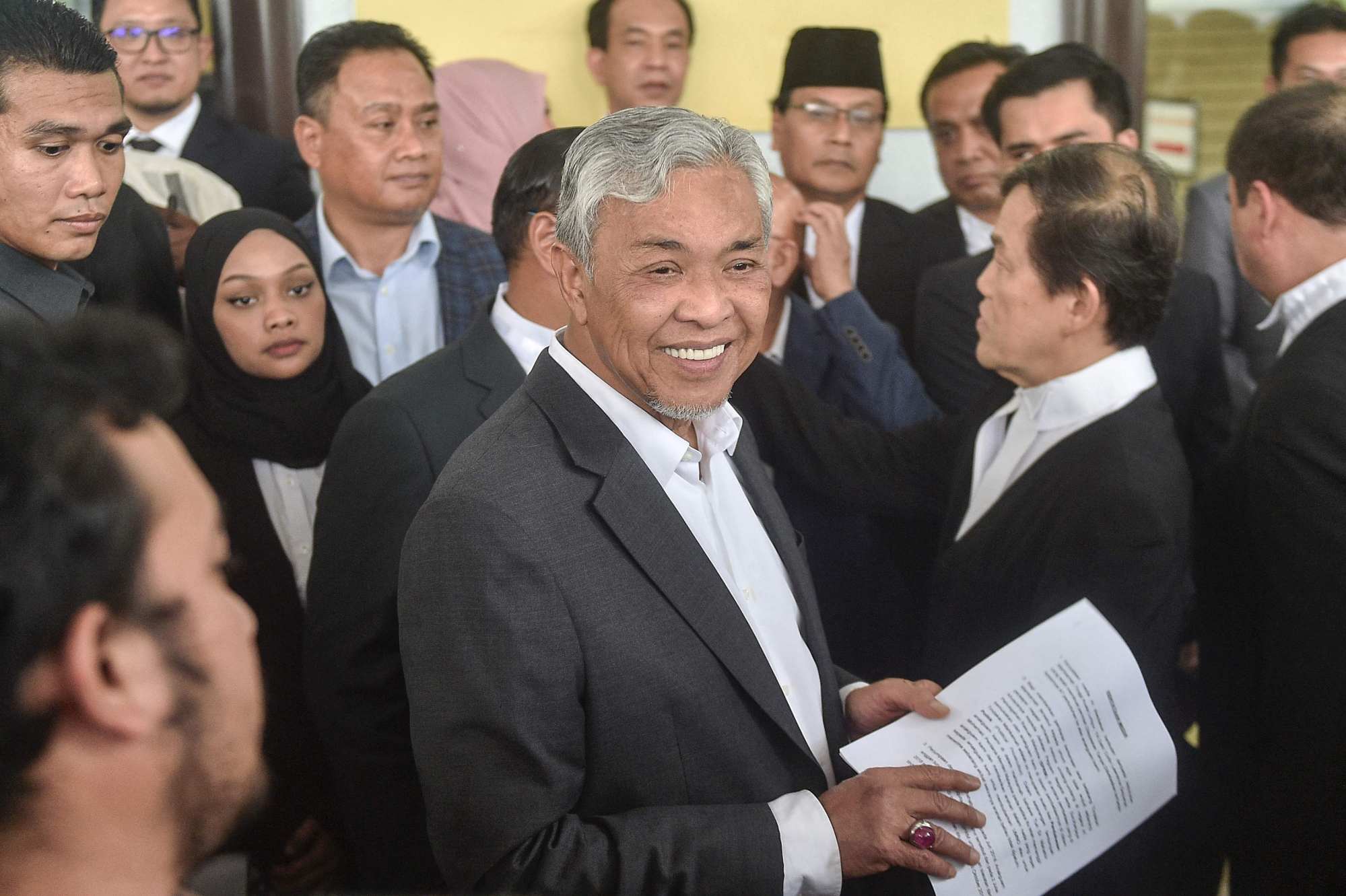Opinion | Malaysia’s ‘Dubai Move’ shows unity government faces more political drama, intrigue in 2024
Weak Malay support, ‘Dubai Move’ rumours continue to plague Malaysia’s Anwar
Weak Malay support, ‘Dubai Move’ rumours continue to plague Malaysia’s Anwar
The Perikatan Nasional (PN) opposition bloc, along with two senior government MPs said to be co-conspirators, denied there was ever such a plot. PN leaders, however, swiftly added that there was nothing unconstitutional about bringing down a government by way of parliamentary numbers.
The whole situation feels a lot like a tired retread of the politically fluid pandemic years, which saw unprecedented midterm changes to the prime minister not once, but twice, before the 2022 general election.
It started with 2020’s “Sheraton Move”, in which a group of MPs caused the downfall of the Pakatan Harapan coalition government by switching parties, only for the following PN administration to collapse in 2021 due to even more political instability and shifting allegiances.

The rumours stemmed from a December 14 meeting between Sabah Umno chief Bung Moktar Radin and Warisan president and former chief minister Mohd Shafie Apdal, who are said to be planning to work together in the next state polls to clear out the current local government led by Hajiji Noor.
Ahmad Zahid denied there was any squabbling, telling local media he was there on a working visit, though he also held a meeting with leaders from Sabah Umno and other friendly parties.
Amid all of this political cacophony, anti-corruption officials have begun hauling up Anwar’s political opponents for questioning over alleged corruption.
Malaysia targeting ex-finance minister Daim because of his ‘success’, wife says
Malaysia targeting ex-finance minister Daim because of his ‘success’, wife says
The Malaysian Anti-Corruption Commission last month seized control of a Kuala Lumpur skyscraper linked to Daim’s family, and earlier this week called in his wife and two sons for questioning as part of their probe into Daim’s alleged wealth traced by the Pandora Papers released in 2021.
Anwar’s rivals have claimed political persecution, something that he himself had alleged when he faced criminal probes and jail time while leading the opposition.
While it remains too early to say where all this is going, it does look like we can expect another wild ride on Malaysia’s political roller coaster this year.
Joseph Sipalan is a correspondent at the Post’s Asia desk.


 Offers free spin
Offers free spin